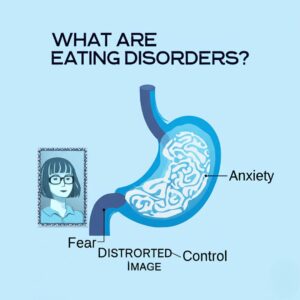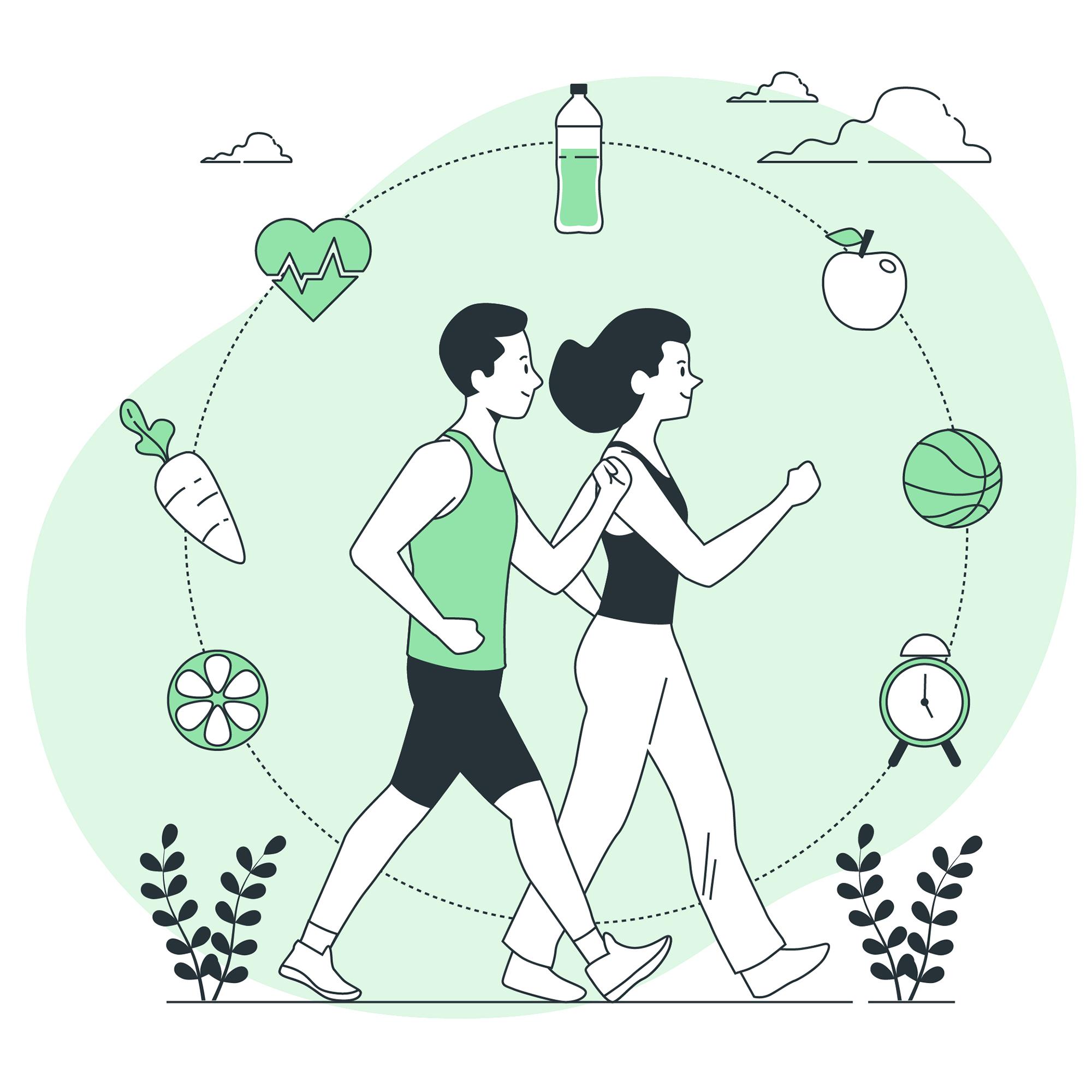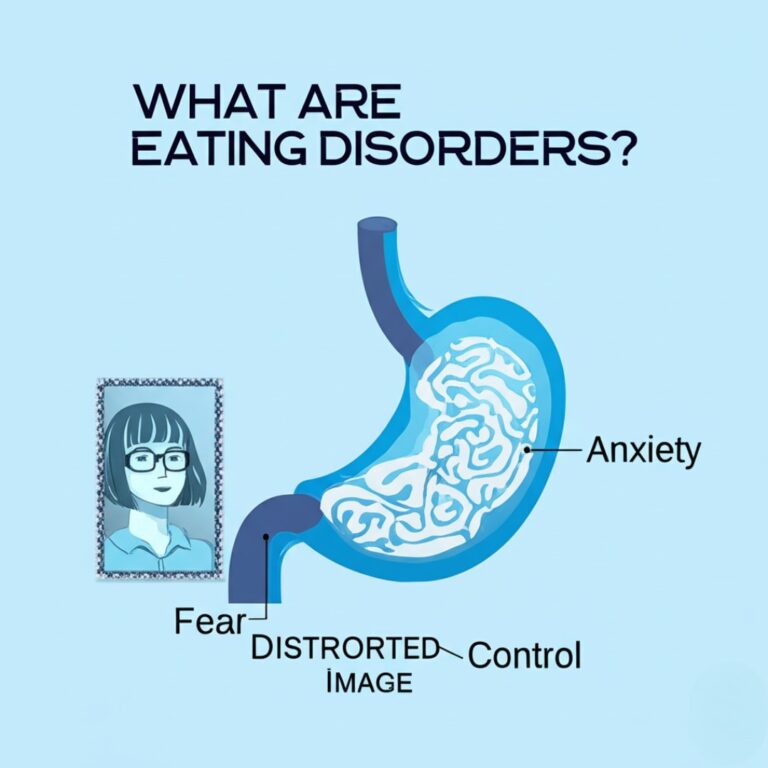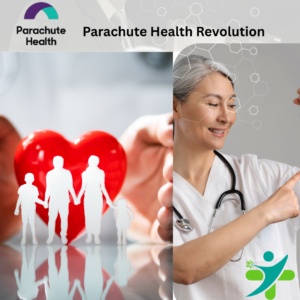Physical health, also known as physical wellness, is more than just how fit you are. Physical health is how well your organs and body systems function.
Each person’s version of physical health is different. Someone can achieve their own definition of physical health, despite a disease, a disability, or their age.
Pillars of Physical Health
It promotes the idea of keeping in good shape to avert diseases such as heart disease, stroke, and certain types of cancers. Physical fitness also encourages one in life’s challenges by helping to insulate against fatigue, injury, and serious illness.
Physical health is linked to mental health, forming part of a healthy lifestyle. Many usually ignore this until they fall sick, get injured, or get diagnosed with a chronic illness. Because of this way of life, a lot of effort and time will be put into their personal health. It is important to regularly monitor your overall physical health and get a check-up if you (or someone you know) are concerned.
The four pillars of health are Sleep (and recovery), Nutrition, Physical Activity and Connection. The NZDF Health Hub provides everything you need to know about strengthening each of these pillars. Also check out the Staying on top of your game booklet.
Examples of Physical Health
#1 Body systems functioning
- Examples:
- Your digestive system breaks down food.
- Your nervous system sends messages from your body to your brain.
#2 Body parts healthy and functioning
- Examples:
- You have no cavities in your teeth.
- Your heart has a regular heart rate.
#3 Senses functioning
- Examples:
- You have clear vision (with or without glasses).
- You feel balanced while moving.
What Impacts Physical Health?
Five factors impact our physical health. These include:
- Lifestyle choices
- Biology
- Environment
- Access to healthcare
- Health education
#1 Lifestyle Choices
In a more general case, depending on the level of nature versus nurture interaction, we may have a significant influence over our physical health; in most cases, lifestyle choices profoundly affect our well being.
Diet
Dietary patterns indeed have an influence on physical health. So eating on a daily basis should include nutrient-dense foods. by this, we mean those with vitamins, minerals, and nutrients in high amounts without also being too high in sugars, sodium, or saturated fats.
Not always do we have access to foods we want. Go to FeedingAmerica.org if you need help getting enough food in your community.
If you have an aversion to certain foods or look after someone who does, a speech therapist may be of assistance.
Substance Use
Put in general, tobacco, alcohol, drugs, and prescription medications alter the functioning of certain systems in the body. In fact, prescription medications might aid in safeguarding one’s physical health when prescribed and used properly. If you need further information on treatment options due to substance use affecting your life, find it here.
Sleep
The human body and brain heal themselves during sleep, while rest supplies the energy required for physical activities.
Physical Activity
Physical exercise, as approved by the CDC, boosts the functionality of bones, muscles, and that of the heart. Here are their recommendations in terms of the amount of physical activity that one should engage in every day.
Being active is different for every person. A person with a disability or a caregiver for an individual with a disability may be able to get advice from a physical therapist or recreation therapist.”
Stress Management
- Everything has a bright side and a dark side, and stress is no exception. Fine-tuning the dark side is another treasure added to the stress-emphasizing life. Will we be able to escape the stress of life? Well, we may not be able to do that, but we must evaluate what appears to be a truly stressful experience appropriately and develop constructive ways of coping with it. Stress management may consist of the following:
- Speaking to a therapist
- Making adjustments in scheduling or duties
- Asking for help from friends and family
- Practicing self-care.
#2 Biology
Genetics also influence our bodily health. One appreciates the fact that our genetics come from our parents and hence are chosen for us.
Fortunately, lifestyle choices greatly affect our physical health. As by making wise lifestyle choices, we can become well physically in accordance with our fitness goals.
A person may be physically fit even with a disease, a genetic disorder, or a disability; they may need to work with doctors or specialists to assist.
#3 Environment
When it comes to the physical health of an individual, an environmental pollutant would be one that affects air, water, or soil, while food, consumer products, and even building materials can contain hazardous substances. The latter is maybe known more as mold in the house causing a respiratory disease, drinking contaminated water can affect the digestive system. Consult a physician if unexplained illnesses present themselves. If there is any environmental concern bothering you, call upon your health department for assistance.
#4 Access to Healthcare
In fact, they rely on repeated visits to a physician in some instances, to a dentist or any medical personnel, which is quite vital for a person’s physical health in most cases. There are routine check-ups to alert one regarding the arising health problem. Having a physician to treat you becomes important if you have any health problems concerning your physical health. Unfortunately, not everyone can easily visit or afford a physician. This lack of access to quality healthcare has led to worsening health inequity. Essentially, being treated unfairly results in inequity in health, whereby some groups have their health adversely affected. Accessing healthcare equitably becomes essential for a parent’s well-being; otherwise, an offspring’s health could be hindered too. Prenatal care is inclusive in this regard.
#5 Health Education
Education is a part of our physical health beginning out at education. Start with early childhood and up in schools, teach children how to take care of their health. That is what health education gives students: they learn about making healthy decisions for themselves later in life.
Discover the Disease Prevention Programs at McMillen Health.
Importance of Physical Health on Overall Health
Every part of health is connected. This means the parts of our health that make up our complete health, including intellectual health and mental health, all interact with our physical health.
Intellectual health means brain health, creativity, and curiosity. Physical health impinges directly on intellectual health.
Mostly, mental health entails emotional, social, and psychological well-being. When stressors are prominent, physiological signs begin to emerge, e.g., headaches and muscle tension. With prolonged stress, digestion and sleep may be affected. Mental health disorders may work against one’s ability to take care of one’s physical health.
Our physical health helps our mental well-being, giving us energy and better nutrition and sleep. This, in turn, creates motivation for a healthy lifestyle choice.
Mental Health Resources
- National Suicide Prevention Lifeline (or dial 988)
- Advanced Search for Psychologist
- Child and Adolescent Psychiatrist Finder
How to Improve Physical Health
Lifestyle choices largely determine our physical health. We can actively improve upon these.
- Drinking water is very important.
- Getting quality sleep is vital.
- Keep moving with stretching and exercise.
- Eat regular meals of nutrient-dense foods.
- Stay away from substances.
- Self-care is important too.
- We must ensure that we frequently visit the doctor, the dentist, the therapist, and other specialists to help us physically look after ourselves.
Physical Wellness Toolkit
A close observation of everything you put in the body, the amount of activity you do, and just watching weight now becomes instrumental in the running of your body well. These positive physical health habits can minimize your stress levels, reduce your likelihood of disease, and improve your energy levels. Each card below flips over for play with checklists to enhance health in each area. Click on the photographs to read articles on each subject. You can also print the checklists together or individually to share or remind yourself.
Exercise
Prioritize movement – that’s the mantra. And the best way to start and maintain a steady program for yourself is to do something you love. Sample many varieties of exercise and movement practices until you find one that makes you come alive.
- Possible Advantages
- Reduce stress and anxiety
- Enhance energy levels
- Keep a healthy weight
- Improve memory, attention, and productivity
- Sleep better
- Elevate mood and self-esteem
Reduce Stress
One must learn how to manage stress effectively. It can be meditation or exercise or deep breathing for that matter, but stress may fall under activities you engage yourself within in an attempt to reduce it. Importance of self-care and balanced schedules ensures one’s body and mind are fairly calm and relaxed. It improves and quite literally sharpens the mental capacities, makes them capable of better emotional resilience, and contributes towards enhancement of energy levels in the body.
Increase Energy
Nutrition, hydration, activity, and life sustenance stand foremost things to the human who needs to stay energized. There is a link in between: a break from sleep, abstention from caffeine for a time, carries the energy throughout the day.For that instant pick me up, try simple habits like stretching, deep breathing, or even just quick walking.
Maintain a Healthy Weight
A healthy diet, portion control, and exercise must all be taken into the account equally concerning the scales of health. Eating healthy and working out will prevent the mal-functioning of one’s metabolism that causes weight-related illnesses.Making realistic goals and taking baby steps toward lifestyle changes could guarantee success in the long run.
Improve Memory, Focus & Productivity
For their efficacy, productivity requires a very sharp memory and focus. Regular exercise, mental stimulation, and eating foods that are good for your brain and are rich in omega-3s can all improve cognition. So practice mindfulness and limit distractions: The better you concentrate, the more efficient your work will be.
Better Sleep
Quality sleep counts toward physical and mental health! For deeper sleep, develop a relaxing routine before bed; turn off the screens one hour prior to bedtime; remain consistent with sleeping time. Essentially, good deep sleep reinstates the body, reflects good mood, and supports that whole day function!
Improve Mood & Self-Esteem
Happy life lies in positivity and self-acceptance. Daily exercise, practicing gratitude, and being in the company of supportive people will elevate one’s mood. Small goals make the person more confident for feeling accomplished, having been met with success.
The Importance of Physical Fitness
Being physically fit implies one is healthy and follows a healthy lifestyle.Regular exercise maintains the strength and carefully works out the heart, lungs, and endurance of the entire being. A fit body helps lessen the probability of chronic diseases such as diabetes and heart conditions, while, at the same time, the immune system is improved in a manner that will ward off illnesses.
Key Components of Physical Fitness
Fitness can be seen as a composite of strength, endurance, flexibility, and balance. Strength training builds muscle mass and bone density, while cardio workouts enhance stamina and heart endurance.Flexibility exercises help improve the adaptation system so that the body can feel healthy in every position.Therefore, fitness assures a stronger and more durable body.
How to Maintain Physical Fitness
Fitness is striking a healthy state of equilibrium between regular exercising, a well-balanced diet, and adequate rest. Physical activities like walking, jogging, swimming, or yoga keep the body active. Foods rich in nutrients-studded with vitamins, proteins, and good fats-keep the body working at its optimum. One must also ask for enough good-quality sleep and manage their stress level for good fitness maintenance.
Physical Health Education Programs
In childhood, Physical Health Education Programs become a part of the students’ lives whereby they are able to learn healthy lifestyle habits that will encourage success in the community.Its teachings integrate information from physical fitness, nutrition, mental health, and disease prevention to guide intuitive and informed health decision-making. Exercise builds strength, flexibility, and endurance while combating the onset of chronic diseases. Other benefits include teamwork, discipline, confidence, consideration for others, and personal growth. By instilling good fitness and wellness habits, they are working to create a healthier, more active society.
Final Thoughts
Your education is limited until October 2023. Health has to be prioritized for an exciting and meaningful life. Your lifestyle decisions-from balanced diet to fitness, stress management, and regular health checkups-enhance our well-being. Holistically we require mental and emotional wellness with such physical fitness. Little and consistent habits can yield long-term benefits-aiding against fatigue, resilience, and health. Choose to start today and invest in a healthier tomorrow!








